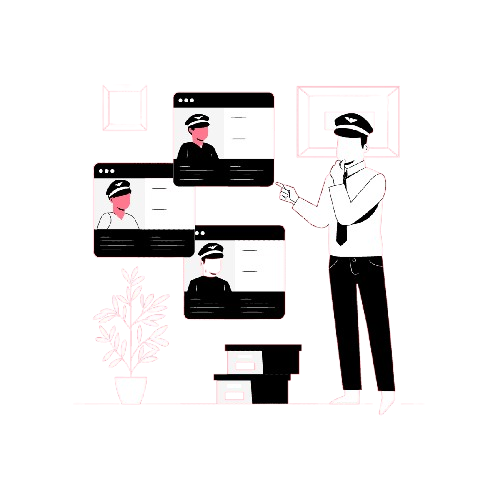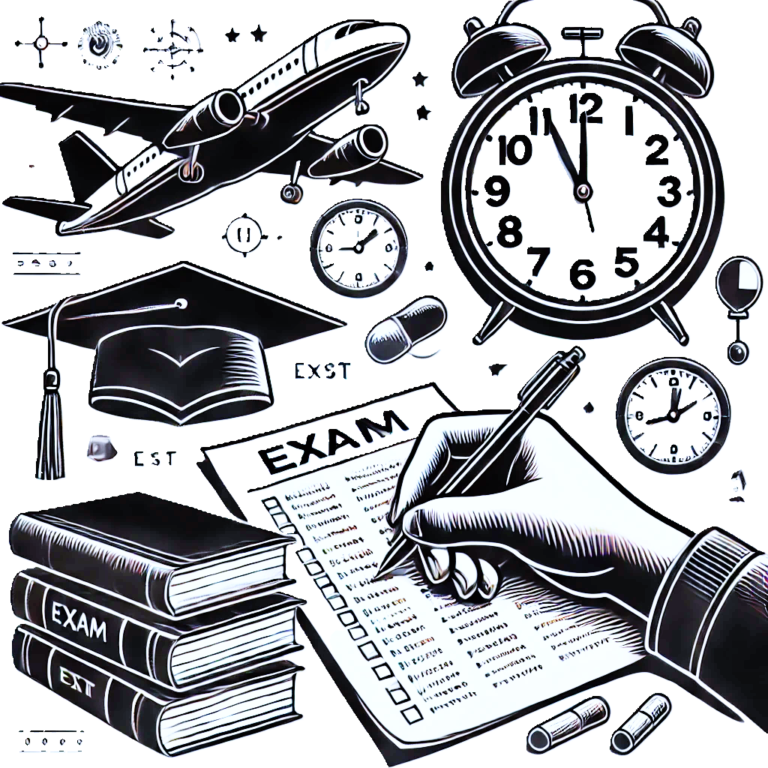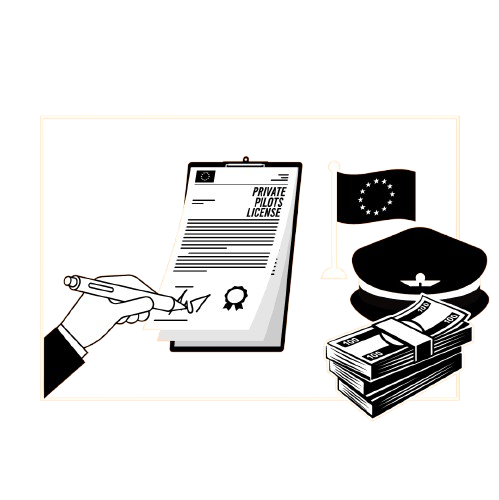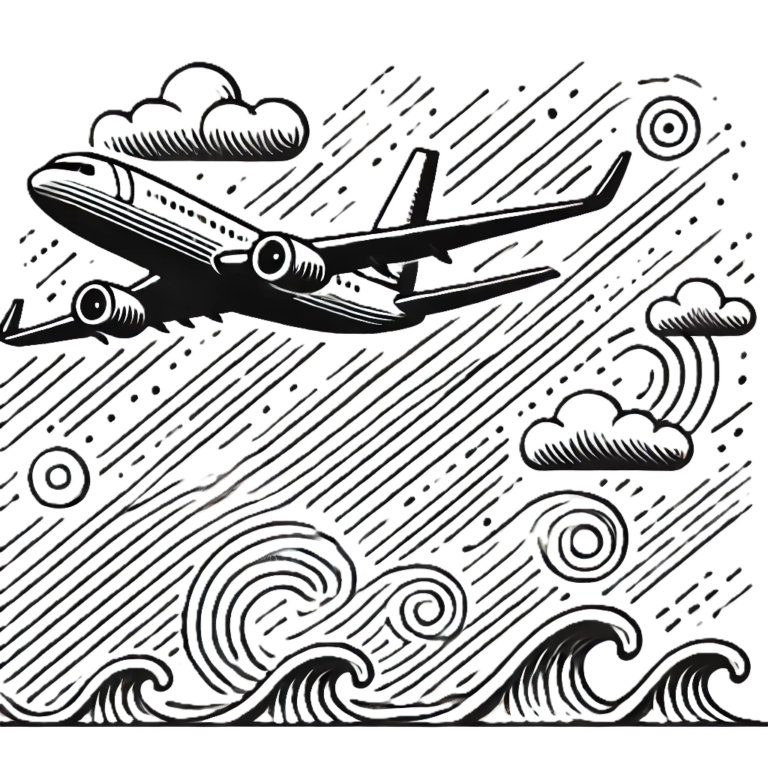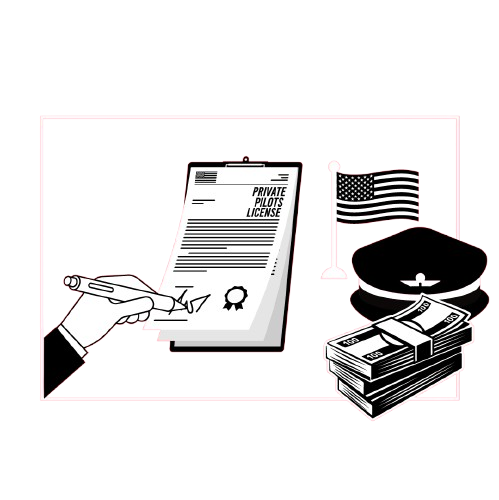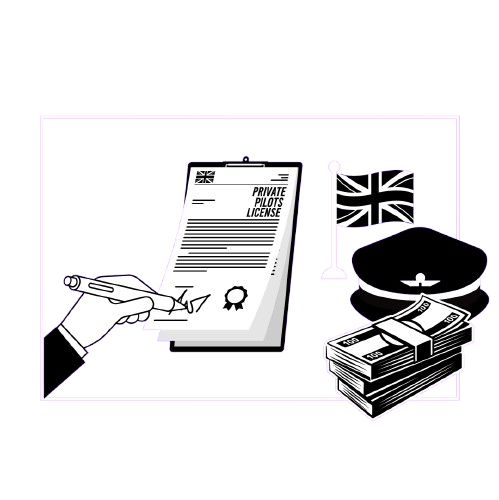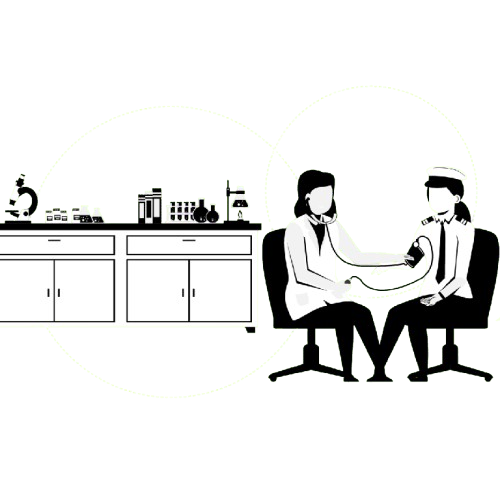Pilot Selection Group Exercises – Passing Pilot Assessment Day
This blog post about passing your pilot selection day group exercises is part of our extensive How To Become A Commercial Pilot guide.
Pilot Group Exercises – Why Are They Assessed?
What skills must one possess to be an effective pilot? Leadership, communication, decision-making, teamwork and situational awareness are just some that we could name.
As an airline pilot, you must work well in a team on the flight deck with the captain, the cabin crew, air traffic control, and many other people and resources.
This is even more important during high intense moments such as non-normal or emergencies.
These tests often feature on your pilot/airline assessment day.
Your flight school or airline will want to see your non-technical skills in the airline interview and group exercises.
The purpose of these group exercise classes and assessments during your airline or flight school interview is to display these non-technical skills, or certain personality traits in simple English, within a group environment whilst solving a series of problems.
These non-technical skills are, as the name suggests, skills can be trained.
Indeed we are trained to improve our non-technical skills every year, as in modern aviation, these are as important as the technical skills of flying the aircraft itself.
This is because modern jets naturally have many redundancies built into them nowadays, meaning that they are often much easier to fly from a manual handling point of view.
However, things happen incredibly quickly in a dynamic environment, such as a large jet flying at 500mph across the ground. These non-technical skills can determine the safe outcome of the flight.
So no, these are not personality tests. Instead, they are skills that can be learnt. They can be refined, improved and sharpened to make a pilot as effective as possible.
These skills include teamwork, leadership, situational awareness, communication, decision making and many more.
You will also be tested with pilot aptitude tests, maths tests and interviews.
Pilot Selection Group Exercises – What Do They Look Like?
Group activities are incredibly varied. An example of the type of activity you can expect to face is the following:
You and your team are stuck on the moon with finite resources. These could be oxygen, tape, food, an iPod etc. Your team must rank these resources in order of importance.
It’s worth noting that with this activity and many others, there is no right or wrong answer regarding the decision you and your team make.
Instead, what is important is how you get to the decision and how you present yourself and work with others.
And different exercise you might be given, and this one is often used during significant cooperate events, is the tower building game.
Your team will be given marshmallows and dried spaghetti sticks, and you will be asked to construct the tallest tower possible.
Again, the final result doesn’t matter. What does matter is how you work with others.
Preparing Yourself For Success During The Assessment Process
There is only so much assessment preparation that you can do for these pilot group exercises. Most of the exercise looks at you and how you work with others.
However, there certainly are ways that you can demonstrate that you have an arsenal of good non-technical skills. The primary skills they will look for during these exercises will be leadership, decision-making, teamwork, and communication.
So how do you present yourself as a team player whilst demonstrating leadership and confidence? Open questions.
- ‘What do you think about this?’
- ‘Do you agree with this decision?’
- ‘How does that make you feel?’
- ‘What are the risks of doing this?’
- ‘What is the risk vs the reward.’
This information-gathering technique is crucial when flying as a commercial pilot, and the importance of using open communication/open questions is reinforced to us during every simulator training detail.
These open questions are constructive if you have a quieter team member who hasn’t yet been able to share their opinion.
Get them involved in the discussion by giving them an open question; they might have an excellent idea but haven’t been able to share it! Again, this displays extraordinary leadership and communication skills.
Overall, it’s important to demonstrate leadership skills but to ensure it’s demonstrated in an autocratic manner.
Can I Be A Pilot If I’m Quiet And Shy?
If you are naturally quiet and struggle in group environments, try practising by having debates with friends or family over the dinner table or volunteering for roles that involve speaking with the public.
This practice will help you get out of your comfort zone and ensure you’re in an excellent place to display the non-technical skills required to be a commercial pilot.
To Summarise – Pilot Assessment Group Activities
These non-technical skills will be trained and refined during your journey to becoming a commercial pilot and are topics that airline training departments strive to improve.
We also discussed situational awareness as one of these non-technical skills.
You will be under a specific time limit whilst you complete these exercises. They will ask for a volunteer who wants to be the timekeeper at the start of the exercise.
This means it is worth showing you know what’s going on and therefore have a good level of situational awareness by asking the timekeeper () how much time you have left.

